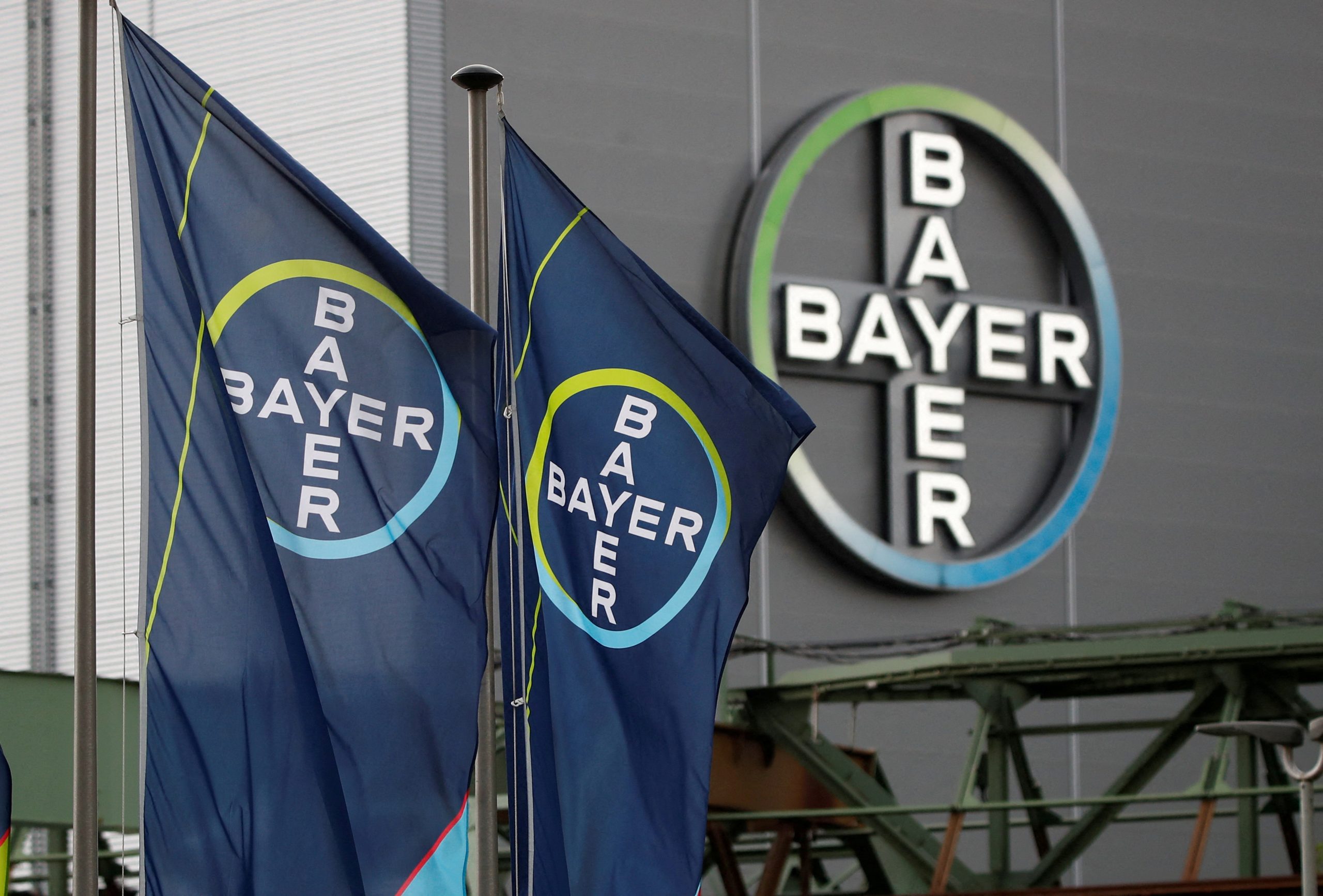Bayer AG experienced its most significant decline to date, witnessing a market value loss of approximately €7.6 billion ($8.3 billion) due to substantial legal challenges and setbacks in drug development. These setbacks are intensifying the pressure on the company’s new leader to articulate a strategic plan for recovery.
The German pharmaceutical and agriculture company halted the primary study of its leading experimental medicine due to inefficacy and faced a critical trial defeat in the United States regarding its weed killer Roundup. In Frankfurt trading, its shares plummeted by up to 19%, reaching the lowest point in over a decade.
These developments heighten the challenges for Bill Anderson, who assumed the role of CEO in June. Earlier this month, Anderson hinted at the possibility of restructuring the pharmaceutical and agriculture conglomerate. His tenure coincides with Bayer grappling with issues stemming from the troubled $63 billion acquisition of Monsanto, coupled with patent expirations for crucial treatments in its pharmaceutical unit.
Bayer recently announced the termination of a late-stage trial for the anti-thrombotic drug asundexian, touted as a potential blockbuster, citing inadequate efficacy. Markus Manns, a portfolio manager at Union Investment, criticized Bayer for not seeking a development partner to share costs and risks for what he referred to as “the pearl of Bayer’s pharma pipeline.”
Adding to Bayer’s woes, its Monsanto unit was directed by a Missouri jury to pay over $1.5 billion to three former Roundup users who attributed their cancers to the controversial product. This legal setback follows a series of jury verdicts linking Roundup to carcinogens. Bayer intends to appeal these verdicts, asserting the safety of the product.
The conglomerate faces a subsequent wave of lawsuits, which may complicate Anderson’s efforts to spin off the agriculture division. The ongoing Roundup trial in Philadelphia and upcoming cases in California contribute to the growing legal challenges.
The failed experimental drug, asundexian, was envisioned as a growth driver following the expiration of patents for current best-selling medicines Xarelto and Eylea. However, an independent panel found it underperformed the standard of care in preventing stroke and systemic embolism in patients with atrial fibrillation. Despite this setback, Bayer plans to continue studying asundexian for stroke prevention, albeit with a smaller market opportunity, and must decide on proceeding with tests in elderly patients.





